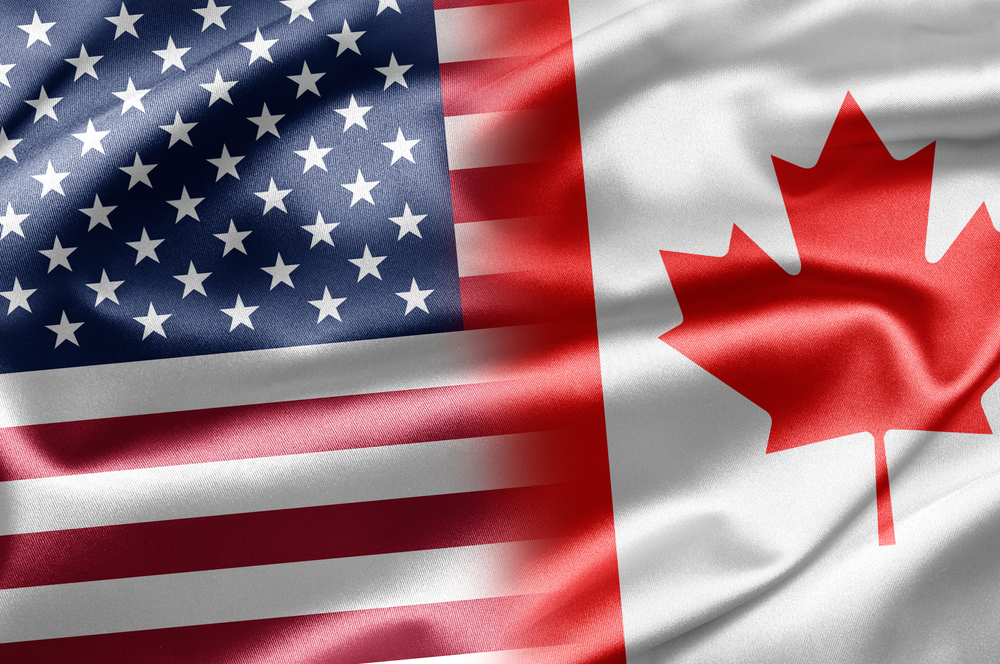
WASHINGTON — Canada will assist the United States in co-hosting a major international meeting on North Korea in an attempt to find a non-military solution to a nuclear crisis, which escalated Tuesday with a record-setting missile test by the rogue state.
They will convene foreign ministers from the countries involved in the Korean War and from important regional actors like Japan in a meeting whose date has not been set but which will likely occur in Canada early next year.
The conference had been under discussion for weeks between Foreign Affairs Minister Chrystia Freeland and her U.S. counterpart, Secretary of State Rex Tillerson, and they chose to announce it late Tuesday after North Korea carried out its longest-ever missile test.
A meeting of this magnitude “hasn’t been done before,” one Canadian official said.
“It’s been years since diplomatic conversations went dormant … This is part of an effort to involve all the players who should be involved … It helps give legs to a diplomatic solution.”
A statement by the U.S. State Department said: “Diplomatic options remain viable and open, for now.” It said the U.S. remains committed to finding a peaceful path to denuclearization and to ending belligerent actions by North Korea.
That message stands in contrast to recent remarks from the U.S. president. Donald Trump has expressed skepticism that diplomacy might work and even questioned the point of his secretary of state participating in political talks.
Trump was curt in public comments Tuesday.
“I will only tell you that we will take care of it,” Trump told reporters at the White House.
“It is a situation that we will handle.”
He made the remarks during a meeting attended by Secretary of Defense James Mattis, who added context about what had just occurred.
Mattis said that mid-day, Washington time, North Korea fired an intercontinental ballistic missile into the Sea of Japan. He said it represented a milestone in North Korea’s decades-old nuclear program, which has been used in the past to build leverage and extract concessions from other countries.
The North said in a special televised announcement that it successfully fired what it called the Hwasong-15, a new nuclear-capable ICBM that’s “significantly more” powerful than the North’s previously tested long-range weapon.
The missile travelled about 1,000 kilometres, flew for 53 minutes, and landed within 370 nautical kilometres of Japan’s coast.
“It went higher, frankly, than any previous shot they’ve taken,” Mattis said.
“It’s a research and development effort on their part to continue building ballistic missiles that could threaten everywhere in the world, basically.”
He said the South Koreans responded by firing some pinpoint missiles into the water, to make the point that it could fire upon its neighbour and rival. Mattis called the North Korean action a threat that endangers world peace, regional peace, and the United States.
In a statement, Freeland called this latest launch a “reckless and dangerous act” that presents a “direct threat to the world” that cannot be tolerated.